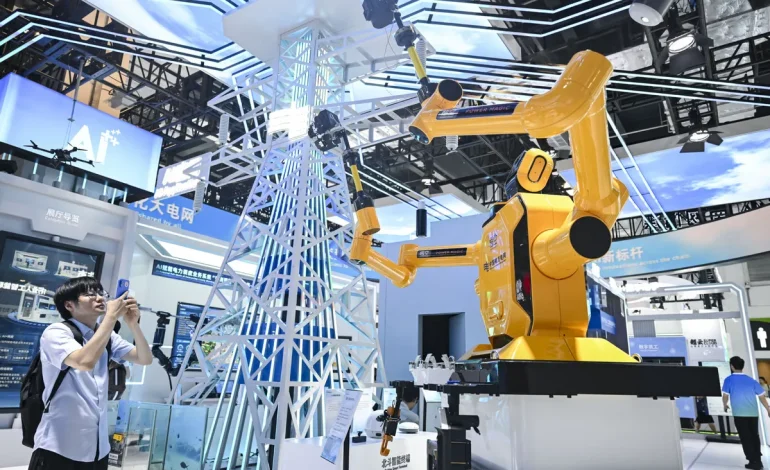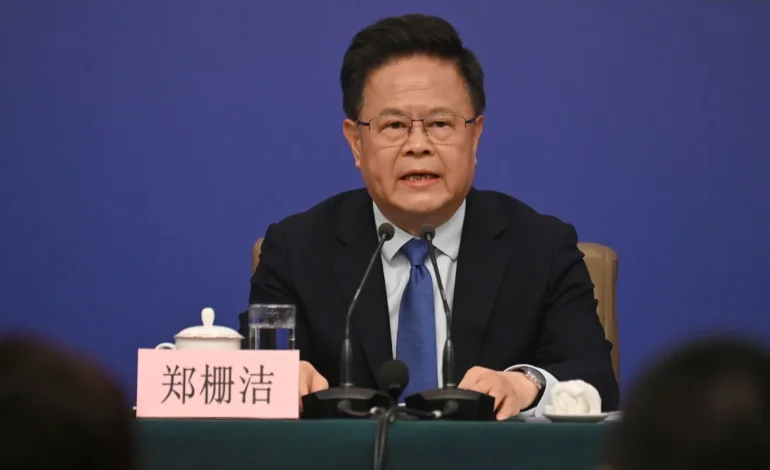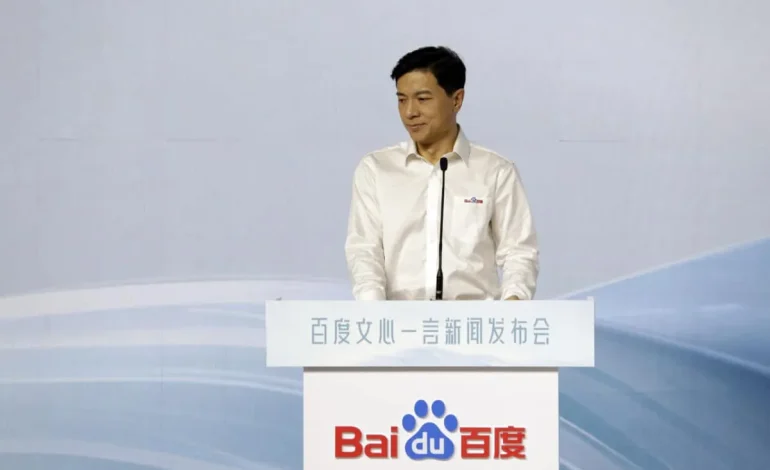
Introduction
Hangzhou, already home to Alibaba and Ant Group, is now being recognized for a new wave of innovation known as the “Six Little Dragons.” These are six emerging AI startups that have quickly gained traction in China’s competitive technology ecosystem. Their rise illustrates how second-tier cities beyond Beijing and Shenzhen are becoming powerful hubs for artificial intelligence development.
Who are the Six Little Dragons
The term refers to a cluster of young companies specializing in different segments of the AI value chain: natural language processing, autonomous driving, industrial robotics, medical AI, cybersecurity, and enterprise SaaS powered by generative AI. While none have yet reached the scale of China’s internet giants, their rapid growth has drawn the attention of investors, regulators, and the media.
Local reports highlight companies such as:
- An NLP startup creating language models optimized for Chinese dialects.
- A robotics firm developing AI-driven smart factory solutions.
- A medtech company using AI to assist in early-stage cancer screening.
- A cybersecurity startup offering AI-powered risk detection tools.
- An enterprise SaaS provider embedding generative AI into workflow automation.
- An autonomous mobility firm experimenting with AI-driven logistics fleets.
Together, these six firms represent the diversified potential of AI innovation coming out of Hangzhou.
Why Hangzhou is the right environment
Hangzhou’s success in producing these startups is no accident. The city has a supportive local government, strong university networks, and a history of fostering digital entrepreneurship. Proximity to Alibaba and Ant creates an ecosystem where young companies can access mentorship, funding, and cloud infrastructure.
In addition, Hangzhou has developed industrial parks dedicated to AI and fintech, providing office space, tax incentives, and access to local venture capital. This combination of policy support and entrepreneurial culture has made the city a magnet for ambitious founders.
Investor interest
The Six Little Dragons have benefited from a surge of local and national investment. Venture capital firms, including some backed by government funds, have poured money into Hangzhou’s startups. International investors have also shown interest, although geopolitical concerns and restrictions on sensitive sectors have limited cross-border participation.
The startups’ focus on applied AI in sectors like healthcare and logistics makes them attractive to investors looking for immediate commercial applications rather than long-term research projects.
Challenges these startups face
Despite their promise, the Six Little Dragons must navigate several challenges. Scaling AI businesses in China requires massive computing power, which has become more difficult to access due to restrictions on advanced chips. They also face intense competition from established players like Baidu, Tencent, and Huawei, who can deploy far greater resources.
Regulatory compliance is another obstacle. China’s AI rules require content moderation, algorithm registration, and data localization. For small startups, meeting these requirements can be resource-intensive.
What this means for China’s AI ecosystem
The spotlight on Hangzhou’s Six Little Dragons highlights the diversification of China’s AI landscape. No longer concentrated only in Beijing’s Zhongguancun or Shenzhen’s tech parks, innovation is spreading to multiple cities. This decentralization reduces systemic risk and ensures that more regions benefit from AI-driven growth.
It also shows that China’s AI story is not only about giant corporations but also about nimble startups that can adapt quickly and target specific industries. If nurtured effectively, these companies could scale into national leaders within a few years.
Global context
Internationally, Hangzhou’s emergence as a hub reinforces China’s ambition to dominate AI. While US and European firms lead in foundational models, Chinese startups are carving out niches in applied AI. By focusing on real-world use cases, the Six Little Dragons could find markets both domestically and abroad, particularly in Belt and Road economies.
However, global expansion will be complicated by political concerns over data privacy and security. Many foreign markets remain cautious about adopting Chinese AI solutions, even if they are technologically competitive.
Conclusion
Hangzhou’s Six Little Dragons represent the next generation of Chinese AI startups. Their growth reflects the city’s supportive ecosystem, strong investor backing, and focus on practical applications. While they face challenges in scaling and regulatory compliance, they embody the dynamism of China’s broader AI sector. As they mature, these startups may become important players not only in Hangzhou but in the global technology arena.






